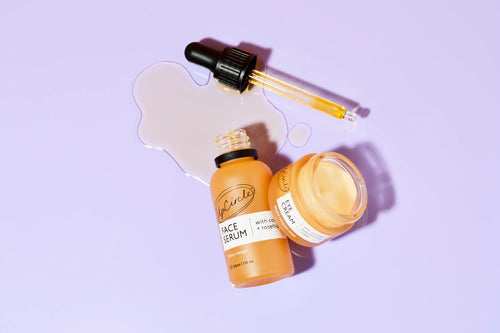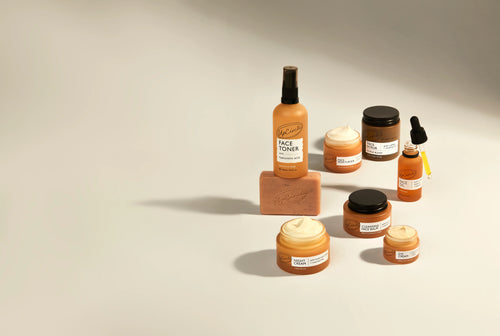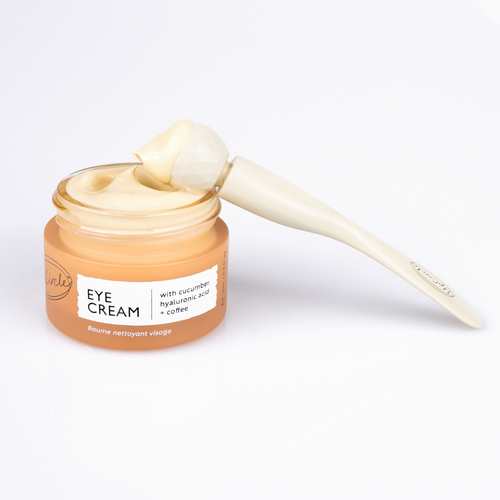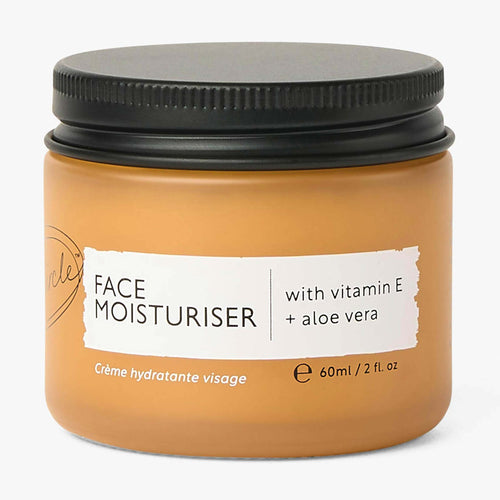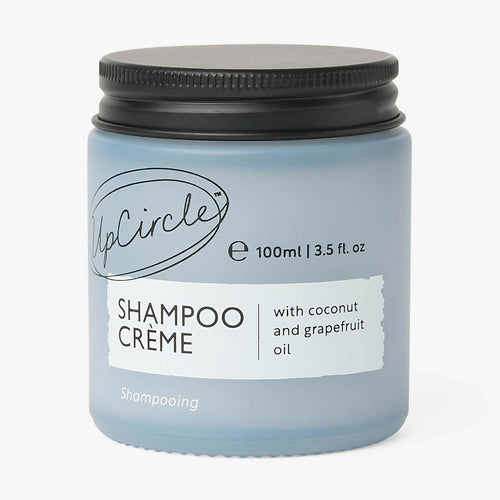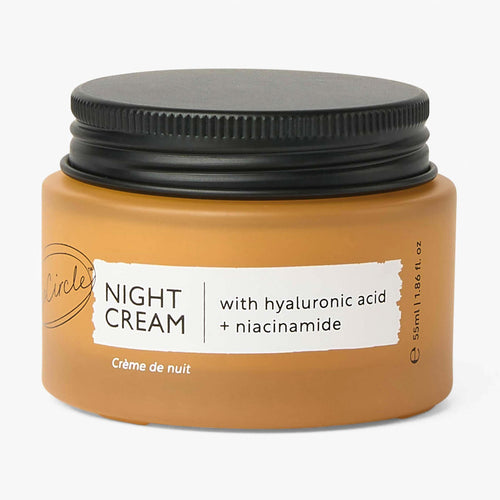Let’s get one thing clear from the off – you as a remarkable human have more than one microbiome! While people often refer to your microbiome in the singular, they often simply mean your gut microbiome.
Incredible and important though the gut microbiome is, it’s not the only microbiome in your body. Your skin also has its own microbiome, and this is important too. Here we look at how to look after both your gut microbiome and your skin microbiome for overall body and skin health.
What is a microbiome?
Put simply, a microbiome is the cluster of microorganisms living in a certain environment, like your gut, or your skin. These microorganisms are trillions in number and are made up of bacteria, fungi, and viruses. Until relatively recently, they’ve been largely overlooked in terms of human health. But increasingly, particularly with the gut microbiome, we are understanding more and more about their importance.
Is the microbiome an organ?
Many, particularly in the research field, refer to the gut microbiome as an organ, owing to its vital importance to our wellbeing. While technically not an organ, because it is its own collection of microbiotas, it functions like an organ in terms of our health, and it is helpful to think of it as such.
Microbiota vs microbiome
Just a quick word on definitions. In science, these terms overlap but are distinct. Microbiome refers to the bugs and their genes, whereas microbiota is the range of microorganisms.
Here we consider both the gut and the skin microbiomes. Both affect your overall health, and both can be improved through the things you do. Additionally, the health of your skin is partly determined by the health of your gut microbiome.
What is your skin’s microbiome?
Like your gut has a distinct collection of trillions of organisms making up the gut microbiome, your skin has yet another population of organisms. This is your skin microbiome.
What affects the gut and skin microbiome?
The microbiomes in the gut and the skin are affected by many different things and we’ll explore these more as we look at ways to improve them.
For example, stress and the microbiome are important to consider, as stress can affect the balance of the organisms in the gut due to hormonal changes and inflammation. There also seems to be a two-way relationship between the gut microbiome and mental health.
How to improve gut microbiome?
Many wonder how long it takes to change the gut microbiome. It takes around six months to change your gut microbiome. Improving the microbiome means boosting its size and increasing its diversity.
- Eat more fibre. Eat leafy greens, onions, garlic, and artichokes as well as other sources of dietary fibre. These serve as prebiotics and are the food of the microbiome. You are feeding the good bugs, and this helps to improve your gut microbiome.
- Eat diversely. A healthy gut microbiome has a huge diversity of different organisms. Eating a broad spectrum of different fruits and vegetables promotes a diverse microbiome.
- Eat polyphenols. Polyphenols are antioxidants and microbes need them to thrive. Sources of polyphenols include berries, nuts, brassicas, seeds, and green tea.
- Love fermented food. Repopulating your gut microbiome requires fermented food, such as kimchi or kefir. They are packed with live good microbes to populate your gut.
- Give your gut a break. Your microbes need time to rest. Fasting has been shown to help microbiome health.
- Ditch processed foods and artificial sweeteners. They have been shown to damage and restrict your gut microbiome.
- Get out in nature. It’s remarkable to think that just doing some gardening or taking a walk in the countryside can increase your gut microbiome. Exercise is important for the microbiome too, so why not exercise in nature? While you’re at it, pet an animal too!
- Be antibiotic savvy. Only use antibiotics when you need to as they will destroy your good microbes along with the bad. Then make sure you take a good probiotic and follow the steps above when rebuilding your microbiome following their use.
How to improve skin microbiome?
Improving your skin microbiome can happen more quickly than changing your gut microbiome. Like your gut microbiome, it helps you fight infection, heals more quickly and controls inflammation. However, if you want to improve your skin, don’t think of the skin microbiome in isolation. The gut microbiome has been shown to be important in the health of your skin. For example, in terms of acne and the gut microbiome, one review says:
“Acne also has close connections with the gastrointestinal tract, and many argue that the gut microbiota could be involved in the pathogenic process of acne. The emotions of stress (e.g. depression and anxiety), for instance, have been hypothesised to aggravate acne by altering the gut microbiota and increasing intestinal permeability, potentially contributing to skin inflammation.”
Problems with your skin microbiome can also lie behind conditions such as eczema, psoriasis and poor wound healing.
The skin serves as a barrier and is therefore naturally harsh for many microorganisms. You can improve your skin microbiome so that the healthy microorganisms can thrive, strengthening its barrier-like characteristics against harmful ones.
- Don’t over-sanitise. With the pandemic, it’s been difficult but don’t clean your skin too much. Antibacterial products kill off the good bacteria as well as the bad, so be sure to use gentle cleansers. It’s the same for household cleaning products too.
- Moisturise using natural ingredients. Natural moisturisers help to give your skin barrier a boost, nurturing your skin microbiome.
- Take care of your gut microbiome. Look after your gut microbiome and you also look after your skin microbiome. We believe eating a diverse diet of plant-based foods is great for your skin. We know that polyphenols and vitamins are exactly what you need. Probiotic-rich diets, such as those with fermented foods, can help you combat many skin conditions such as acne, eczema, and atopic dermatitis.
- Stop smoking. Smoking comes with many problems but a lesser known one is that it can upset your skin microbiome and drives inflammation throughout the body.
Microbiome-friendly skincare
All our skincare products are designed to support a healthy skin microbiome. Shop today for natural skincare that’s also good for the planet.

